In 2023, the Vietnam Center for Music Copyright Protection (VCPMC) collected a total of more than 344 billion VND in royalties (excluding value added tax). According to the 2023 report of the International Confederation of Societies of Composers and Lyricists - CISAC, from 2019 to 2022, VCPMC ranked 1st in the world in terms of growth rate in the market share of music copyright on digital platforms.
This is the information given by VCPMC General Director - musician Dinh Trung Can on August 16 when talking to the press about issues related to Vietnamese music copyright that musicians - authors, members of VCPMC are interested in.
There are musicians who received music royalties in the first quarter of 2024 up to 1,084 billion VND
Also according to musician Dinh Trung Can, in 2023, VCPMC distributed and paid to copyright owners more than 305 billion VND, an increase of 90% compared to 2022, the amount of royalties collected in Vietnam (excluding revenue from international CMOs) increased by about 29% compared to 2022. In the first quarter of 2024, the musician who received the most music royalties from VCPMC was 1.084 billion VND. In the second quarter of 2024, the musician who received the most music royalties was 852 million VND... However, Mr. Can refused to disclose the specific identities because he had not received permission from these musicians.

Musician Dinh Trung Can also said that currently, VCPMC is the only representative of Vietnam to become an official member of CISAC. As of August 2024, VCPMC has signed bilateral contracts with 88 corresponding music copyright protection organizations in the world with a scope of regulation in 227 countries and territories. With these binding commitments, the Center is currently the only copyright representative organization in Vietnam with the right to represent and protect the interests of more than 6,400 domestic authors and more than 5 million music authors worldwide. Royalties collected by international organizations with bilateral cooperation with VCPMC and transferred to Vietnamese authors through VCPMC have increased in recent years and are distributed to authors periodically. Vietnamese musical works by VCPMC member authors are licensed and collected in 227 countries and territories.
According to VCPMC, the Center is currently exploiting and licensing nearly 30 fields that use music in commercial business activities. These fields are managed and licensed by VCPMC by two main departments. In which, the background music department (Offline) includes the fields: Radio and television, shopping malls, cafes, restaurants, bars, dance clubs, etc. In addition to the two areas of Ho Chi Minh City and Hanoi , VCPMC is licensing all provinces and cities nationwide.
For the Digital field, VCPMC has been licensing most music platforms including applications, websites, domestic and international social networks such as Youtube, Facebook, Tiktok, Apple, Sportify, Zingmp3, nhaccuatui... VCPMC licenses and collects money from hundreds of websites/applications using music in Vietnam and around the world. The music royalties in the Digital field for the above-mentioned websites/apps and music platforms that VCPMC collects account for about 86% of the revenue of all fields.
There are still many difficulties in implementing copyright.
Notably, musician Dinh Trung Can also said that managing and licensing this Offline is facing many difficulties due to the lack of awareness of implementing music copyright for the units, and at the same time, due to the economic crisis, the units have also cut operating costs, leading to the revenue from royalties from this field not reaching the expected and set targets.

For many reasons, in the past, many authors have suffered losses and risks when authorizing copyrights to other companies. The reason is that in addition to the form of a contract authorizing the management and exploitation of copyrights, the company also signs many other forms, causing confusion for the author. These companies often do not allow the author to unilaterally terminate the contract and set out penalties and require huge compensation if the author wants to terminate the contract. In cases where the author wants to unilaterally terminate, they often have to file a lawsuit. There are many cases where the author has had to pursue a lawsuit for more than 3 years, and during this time, the work cannot be exploited, causing significant damage to the author.
“Contracts often include exclusive rights to use, manage and license the copyright. This means that the author cannot collect royalties from the private company’s direct use of the work. At the same time, when the company exploits the work, they often impose restrictions on the use of the work by other parties (especially on the internet). This can significantly reduce the royalties the author receives.”
“Some contracts do not specify a term or specify a permanent term or specify no term as in the Assignment Contract or Songwriting Lease Contract, which also means permanent, with a clause that cannot be terminated before the term. This can lead to consequences similar to the author selling his work outright (while the law stipulates that the term of protection for musical works is the author’s lifetime and 50 years after the author’s death),” musician Dinh Trung Can pointed out.
Source: https://baolangson.vn/trung-tam-bao-ve-quyen-tac-gia-am-nhac-viet-nam-thu-hon-344-ty-dong-tien-ban-quyen-5018743.html
















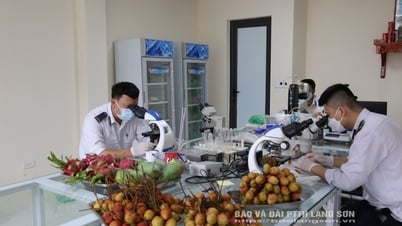



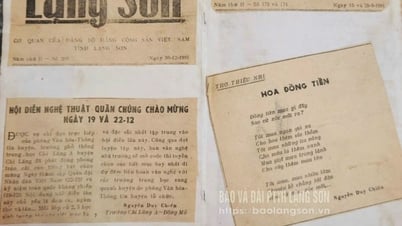





















































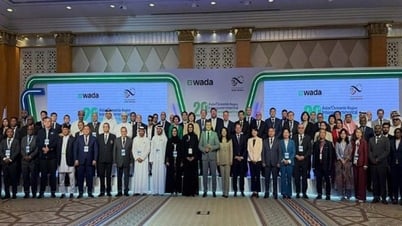
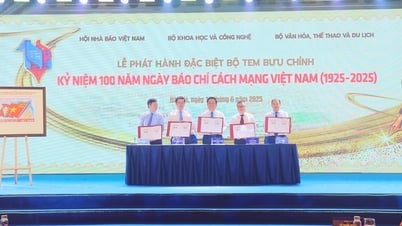

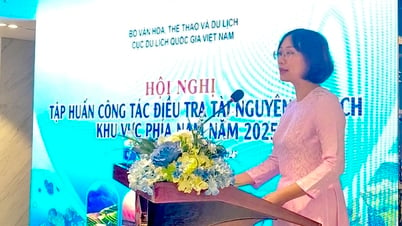







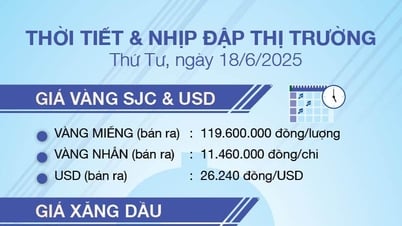

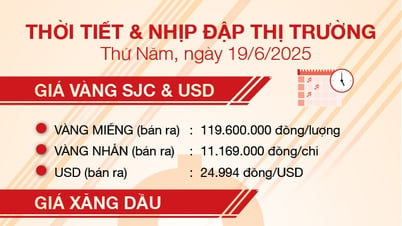













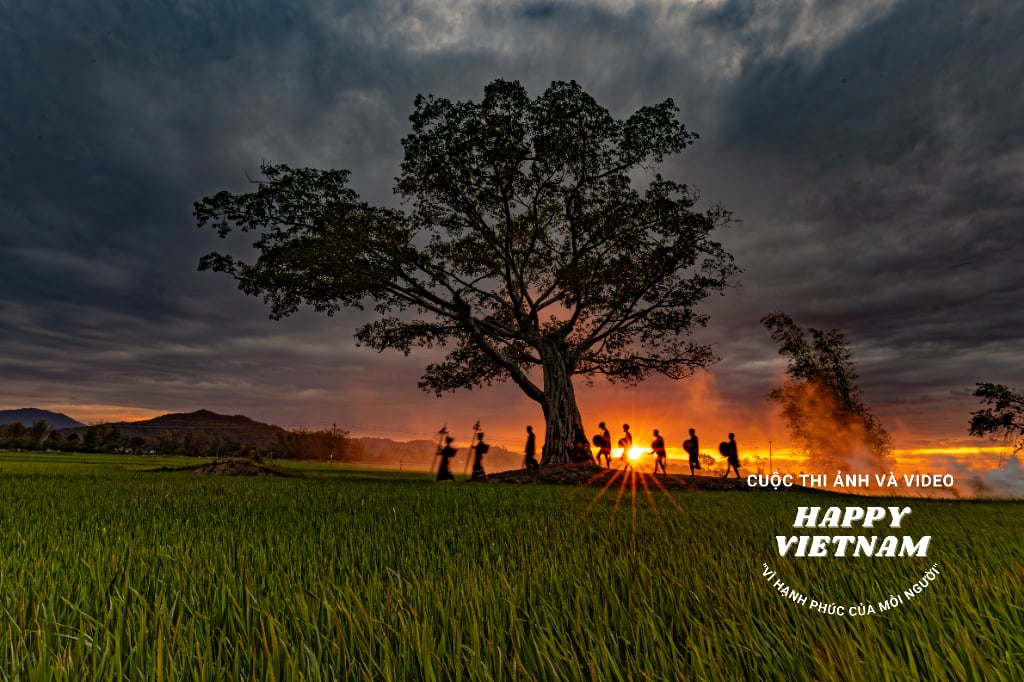


Comment (0)